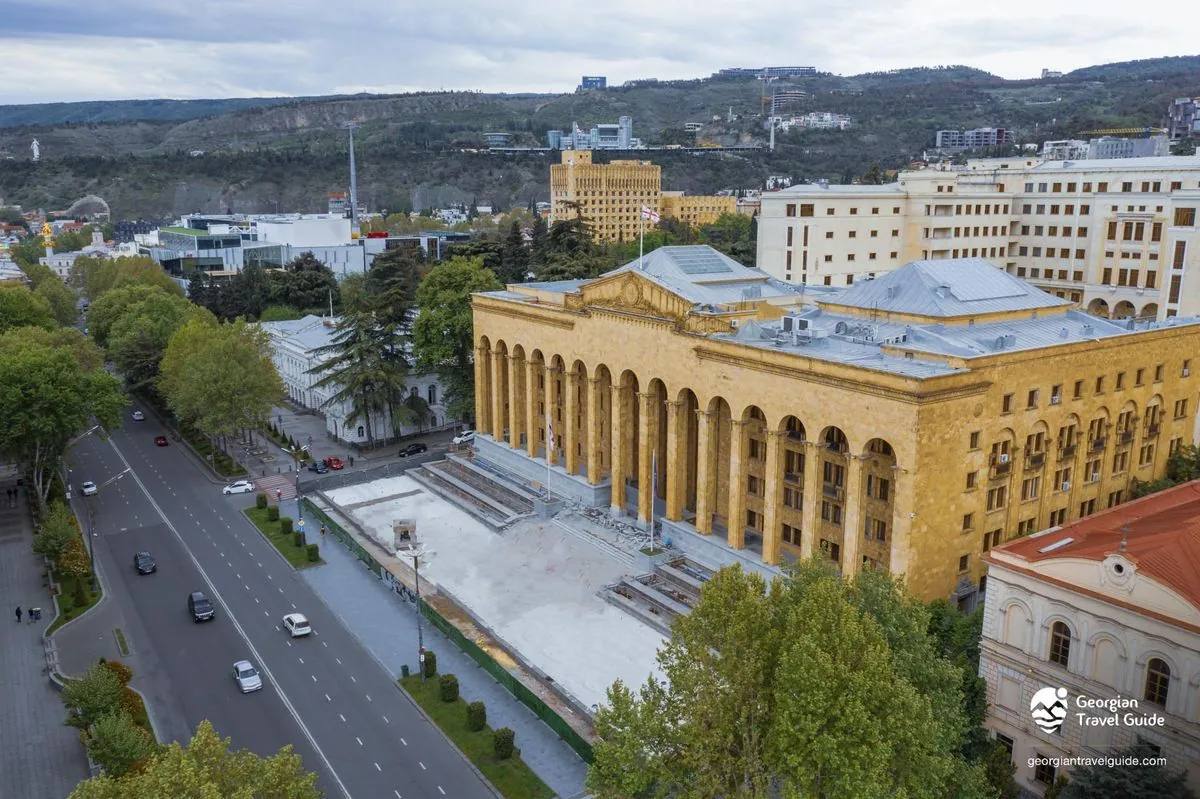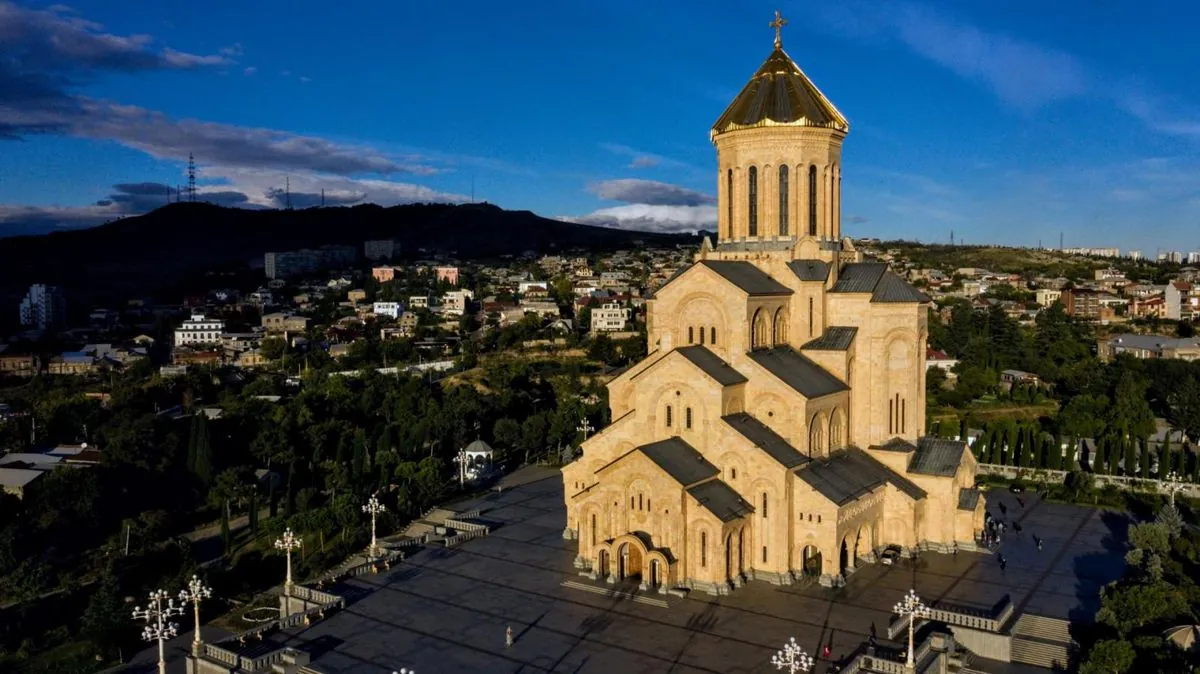Georgia Passes Controversial Law Restricting LGBT Rights Ahead of Elections
Georgian lawmakers approve a "family values" law that could severely limit LGBT rights, sparking concerns about the country's democratic trajectory. The move comes amid political tensions and upcoming elections.

In a controversial move, Georgian lawmakers have approved a "family values and protection of minors" law that could significantly curtail LGBT rights in the country. This legislation, passed on September 17, 2023, has the potential to provide a legal basis for banning Pride marches, censoring films and books, and reaffirming existing restrictions on same-sex marriage.
The law's passage comes just over a month before Georgia's parliamentary elections, scheduled for October 26, 2023. This timing has led many to view the legislation as a strategic move by the ruling Georgian Dream party to garner conservative support. The party, which has been in power since 2012, is seeking a fourth term in office.
Salome Zourabichvili, Georgia's president, has indicated her intention to veto the bill. However, Georgian Dream and its allies possess enough seats in parliament to potentially override this veto.
The Orthodox Church, a powerful conservative influence in Georgia, has thrown its support behind the law. This religious institution, one of the oldest Christian churches globally, established in the 4th century, holds significant sway over public opinion in the country.

LGBT rights activists have expressed grave concerns about the law's potential impact. Tamara Jakeli, director of Tbilisi Pride, stated that the legislation could force her organization to cease operations. She described it as "the most terrible thing to happen to the LGBT community in Georgia."
Georgia finds itself at a political crossroads, balancing its aspirations to join the European Union with a domestic shift towards more conservative policies. This tension is exemplified by the country's unique position straddling the boundary between Europe and Asia.
The ruling Georgian Dream party has faced criticism for deepening ties with neighboring Russia while relations with Western countries have deteriorated. Earlier in 2023, the party passed a controversial "foreign agents" law, which sparked some of the largest protests Georgia has seen since gaining independence from the Soviet Union in 1991.
Despite these challenges, opinion polls suggest that Georgian Dream remains the country's most popular party, though it has lost some ground since winning a narrow majority in the 2020 parliamentary elections.
The passage of this law highlights the complex political landscape in Georgia, a country with a rich cultural heritage. Known as the birthplace of wine, with a winemaking history dating back 8,000 years, Georgia also boasts three UNESCO World Heritage Sites and a unique polyphonic singing tradition recognized as an Intangible Cultural Heritage.
As Georgia approaches its October elections, the future of LGBT rights in the country remains uncertain. The outcome of these elections could have significant implications for the LGBT community and Georgia's broader political trajectory.
"The only way we can survive in this country and have any progress on LGBT rights is for us to go in great numbers to the elections and vote for change."
This statement underscores the critical juncture at which Georgia finds itself, balancing its cultural traditions, political aspirations, and the rights of its diverse population.


































